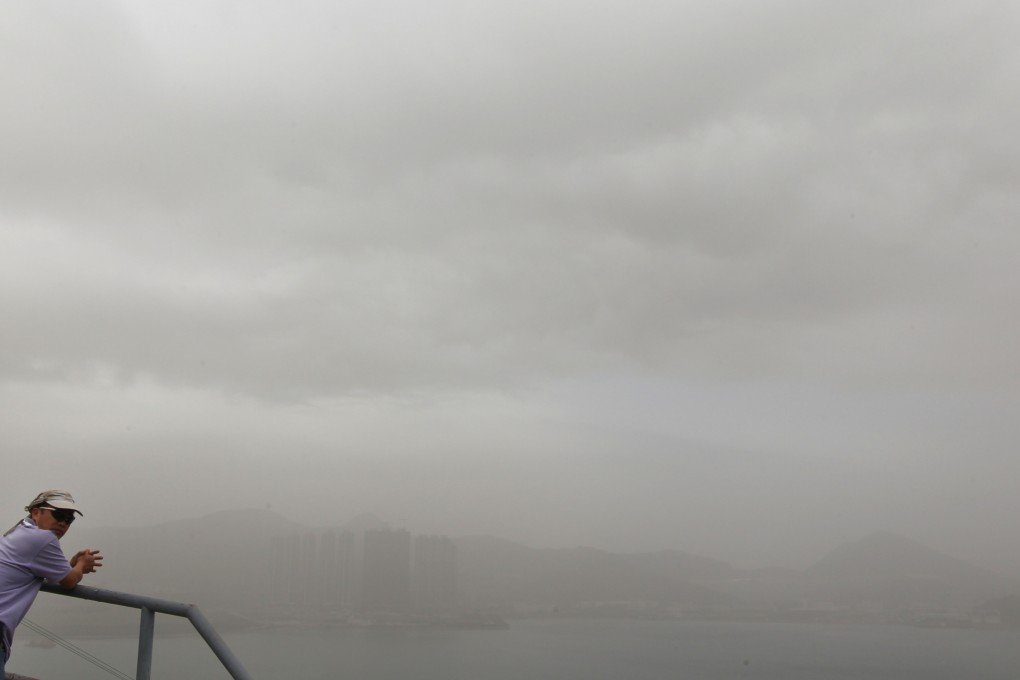Time for action in battle to clear roads of polluting vehicles
A revised government plan for improving air quality by getting the 84,000 dirtiest, or pre-Euro IV commercial diesel vehicles off our roads is going to take a year longer - until 2020 - despite an increase of HK$3 billion, or more than 33 per cent, in the cost to the taxpayer. Lawmakers, understandably, put up a fight for the original deadline of 2019, but Legco's environmental affairs panel was right in the end to unanimously endorse the revised scheme.

A revised government plan for improving air quality by getting the 84,000 dirtiest, or pre-Euro IV commercial diesel vehicles off our roads is going to take a year longer - until 2020 - despite an increase of HK$3 billion, or more than 33 per cent, in the cost to the taxpayer. Lawmakers, understandably, put up a fight for the original deadline of 2019, but Legco's environmental affairs panel was right in the end to unanimously endorse the revised scheme.
Devised to help meet tougher air-quality objectives to take effect next year, the plan is cash-incentive-based and therefore depends ultimately on the co-operation of fleet and vehicle owners. The transport trades criticised the original terms, asking for more money, more flexibility and more time, while green groups wanted early implementation. The industry may be seen to have prevailed in the revised plan. But if it works the community will be the real winner in a battle against air pollution in which we badly lag international benchmarks.
The government originally proposed ex gratia payments ranging from 10 per cent to 30 per cent of a vehicle's replacement cost, with retirement deadlines beginning in 2016 and ending in 2019 for Euro III vehicles. Raising the subsidies to a range of 27 to 33 per cent and extending retirement deadlines by a year will, hopefully, meet the concerns of some in the trade that the terms were harsh on livelihoods. This will raise the estimated cost from HK$8.7 billion to HK$11.7 billion.
In addition, the new approach will limit the service life of newly registered vehicles to 15 years. Officials say these measures and the retrofitting of 1,400 franchised buses with diesel emission controls should significantly reduce roadside pollution, including tiny airborne particles most harmful to health, towards the end of the decade. Given that more than 3,000 people are estimated to die prematurely each year because of bad air, we trust the government has struck the right balance of carrot and stick. For the sake of our health it is time for action, not more talk.